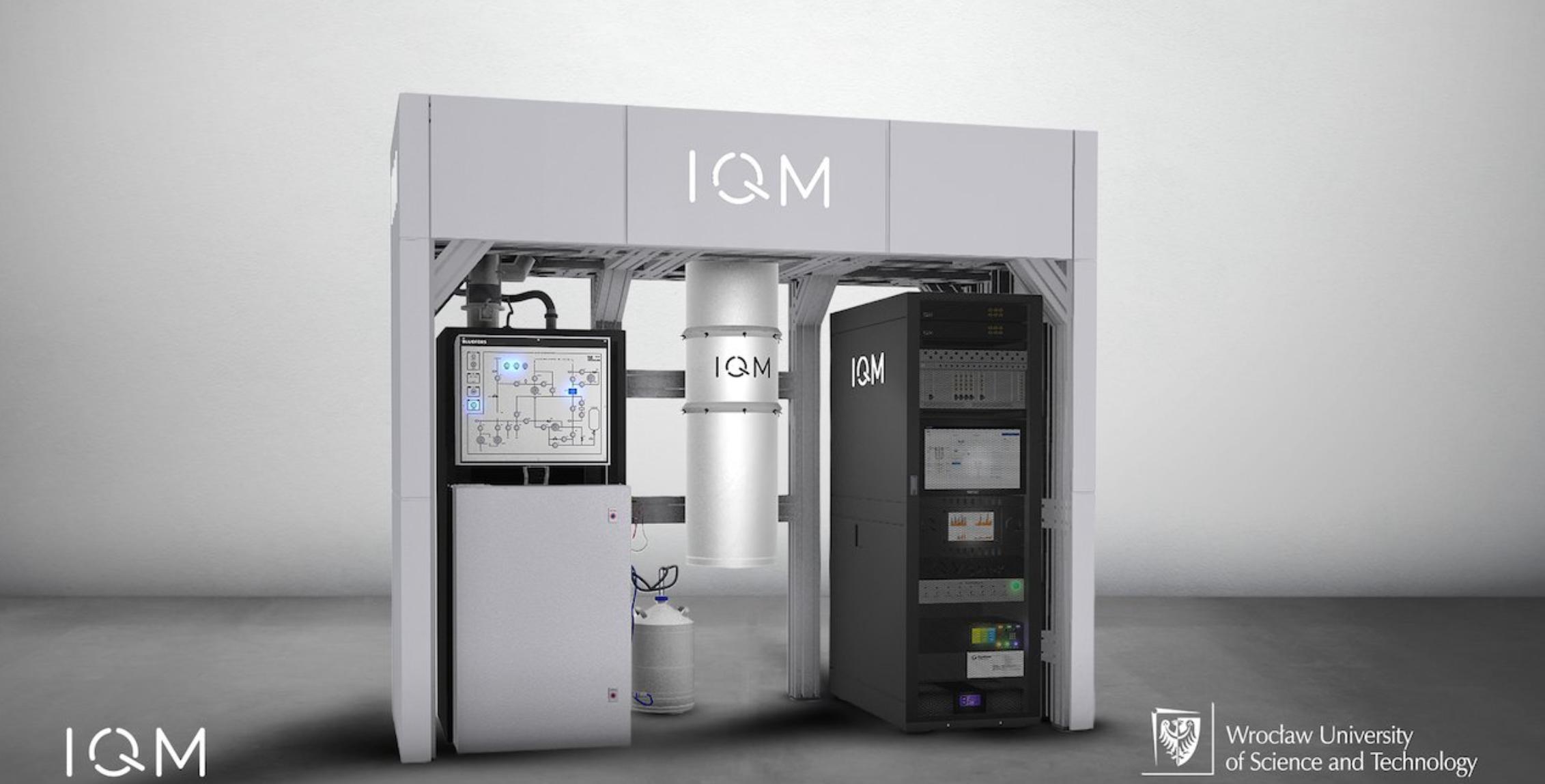
Poland has taken a key step on the road of scientific and technological development. The country's first full-stack superconducting quantum computer, developed and installed by IQM Quantum Computing, was recently settled in Wrocław University of Science and Technology (WUST). This landmark event not only adds a strong stroke to the history of Polish science and technology, but is also regarded as an important breakthrough in the process of quantum technology in Central and Eastern Europe.
First of all, this quantum system named "IQM Spark" is equipped with 5 quantum bits (qubits) and is expected to be officially launched in the second quarter of 2025. Its core mission focuses on education and scientific research, especially serving the research field related to computer science. Once put into operation, the device will be open to university teachers, researchers, doctoral students and students of quantum computing clubs, providing unprecedented hardware resources for the academic community in the region.
Secondly, Professor Wojciech Bożejko of the Faculty of Information and Communication Technology of Wrocław University of Technology pointed out: "This is the first physical quantum computer in Poland and the entire Eastern Europe that uses low-temperature superconducting quantum bit technology. With this system, our students will have the opportunity to operate real quantum devices for the first time, no longer limited to simulation experiments. This is of great significance for conducting local research, accumulating practical experience, and cultivating high-quality IT talents." In recent years, Europe's innovation in the field of quantum technology has been accelerating. The "Quantum Flagship" plan at the EU level has invested heavily in supporting various projects to promote the coordinated development of scientific research and industry. However, compared with some Western European countries, there is still a clear gap in quantum hardware construction in Central and Eastern Europe. Most universities in Poland and neighboring countries rely on simulators or cloud platforms connected to the Internet for quantum programming, which objectively restricts the speed of in-depth research and transformation of technological achievements. At the same time, this project of IQM effectively makes up for the shortcomings of quantum infrastructure in Central and Eastern Europe. As quantum computing gradually moves from theoretical research to practical application, universities that master physical quantum systems can not only provide technical support for scientific research, but also play a greater role in discipline construction, talent training and regional technological innovation. Mikko Välimäki, co-CEO of IQM, said: "The successful delivery of Poland's first quantum computer is one of IQM's important achievements. We hope that through this deployment, we can help Poland establish a central position in the development of quantum technology, further improve its scientific research level, and promote technological leaps in many fields, including industry." At present, countries such as Germany, Finland, and the Netherlands have issued their own national quantum strategies to seize the commanding heights of science and technology. At the same time, the European Union has also pledged to invest more than 1 billion euros through the "Quantum Flagship" plan to support member states' continued efforts in basic research and application development. In such a context of intensified international competition, Poland's move is seen as a positive attitude to catch up, and it also provides an important technical platform for its academic and industrial circles. In addition, this event also highlights the rising power of start-up technology companies in the European technology landscape. Unlike quantum cloud platforms dominated by American technology giants such as IBM and Rigetti, IQM, as one of the few European companies that can provide local full-stack superconducting systems to universities and research institutions, is quietly changing the technology supply model. The deployment method of the system is closer to the usage scenario, which is convenient for users to conduct independent experiments and personalized research, and has significant flexibility and development prospects.
In summary, the installation of this superconducting quantum computer in Poland is not only a technological innovation, but also marks an important step for the country to transform from a "follower" to a "participant" in the field of cutting-edge science and technology. In the future, with the participation of more universities, research institutions and industrial forces, Poland is expected to occupy an increasingly important position in quantum computing, which is known as the "next generation computing revolution".

Recently, the dispute over the digital services tax between the US and the EU has escalated again.
Recently, the dispute over the digital services tax between…
Recently, the International Monetary Fund (IMF) and the Org…
A clear consensus has emerged in Europe's economic sphere: …
Thailand said on Tuesday (December 16) that Cambodia must f…
Official data released on Tuesday (December 16th) showed th…
US President Trump has expanded the list of countries subje…